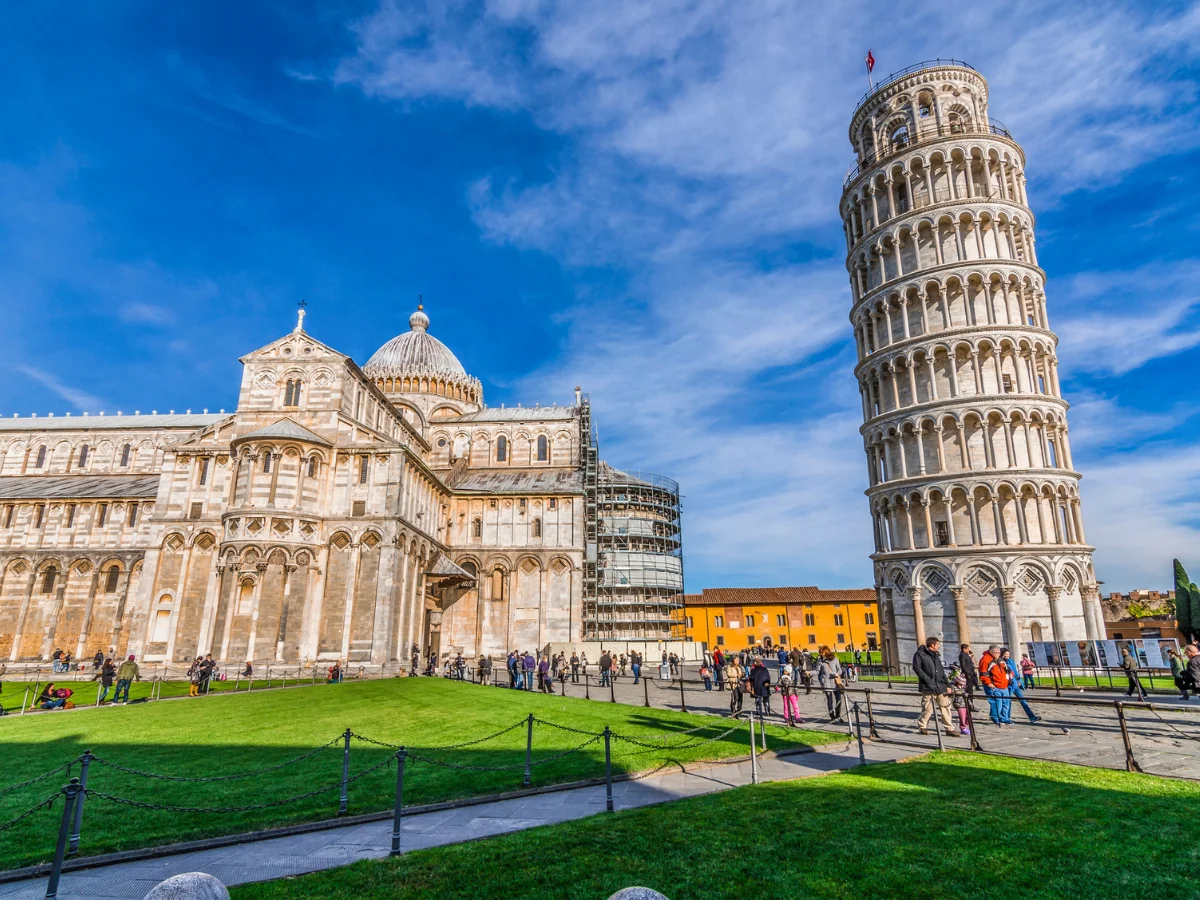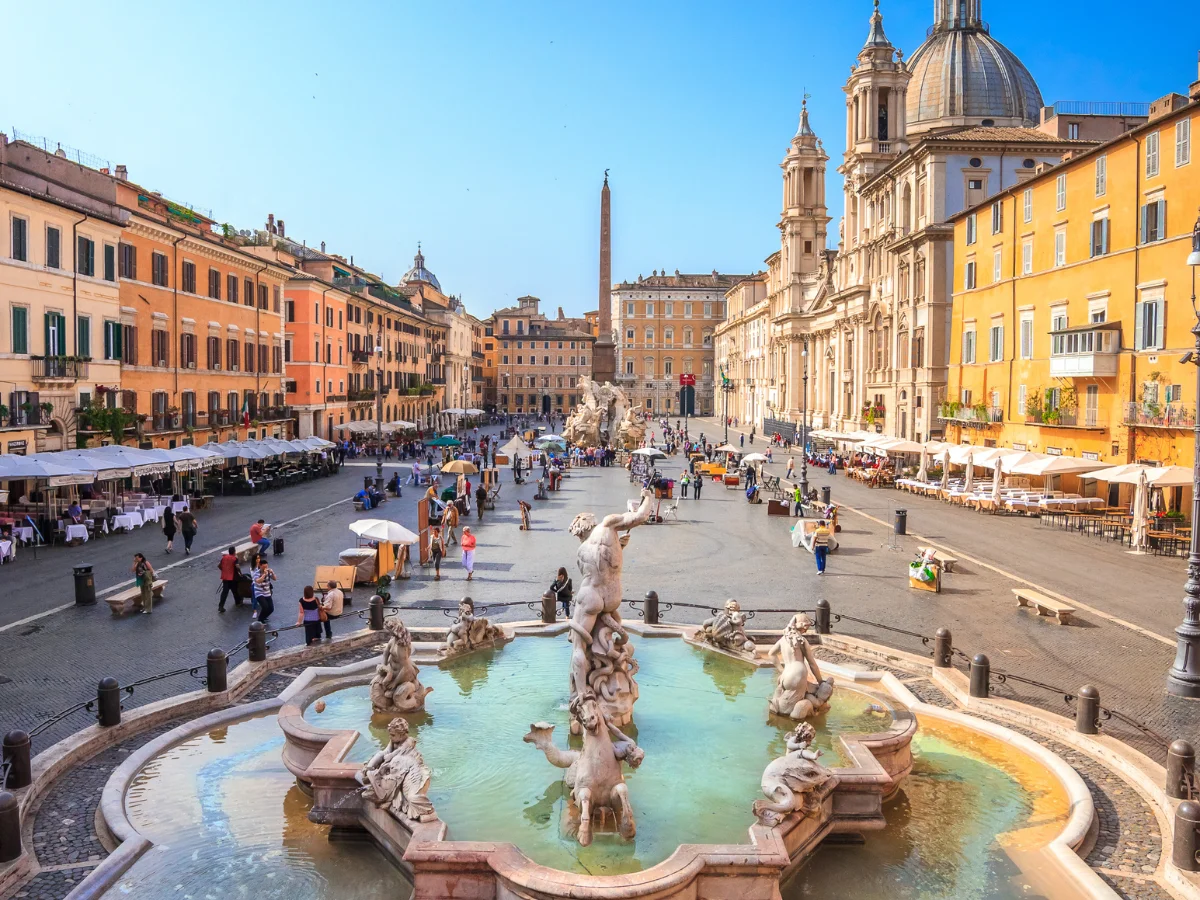Ancient Rome boasts a rich tapestry of historians
Ancient Rome boasts a rich tapestry of historians who meticulously chronicled its rise and fall. Livy, Tacitus, and Sallust vividly depict the political intrigues of the Republic, while Cassius Dio and Plutarch offer multifaceted insights into emperors and statesmen. Polybius, a Greek historian, elucidates Rome’s expansion and governance. Cassiodorus and Appian delve into late imperial politics and military conquests. Eutropius and Ammianus Marcellinus provide concise overviews of Roman history. Through their works, we gain invaluable glimpses into ancient Rome’s conquests and cultures.

Ancient Rome boasts a rich tapestry of historians
Here are 10 Famous Historians from Ancient Rome
1. Livy:
Titus Livius, known as Livy, is renowned for his monumental work “Ab Urbe Condita” (From the Founding of the City), which chronicles the history of Rome from its legendary foundation to the reign of Augustus.
2. Tacitus
Publius Cornelius Tacitus is celebrated for his insightful and critical historical works, notably the “Annals” and the “Histories,” which provide valuable insights into the Julio-Claudian and Flavian periods of Roman history.
3. Sallust (Gaius Sallustius Crispus)
Sallust is known for his vivid and engaging historical narratives, particularly his accounts of the Catiline Conspiracy and the Jugurthine War, which offer a firsthand perspective on the political intrigues of the late Roman Republic.
4. Dio Cassius (Cassius Dio Cocceianus)
Cassius Dio’s “Roman History” spans over 80 volumes and covers Roman history from its legendary origins to the early third century AD, providing a comprehensive account of political, military, and social developments.
5. Plutarch (Plutarchos)
Plutarch’s “Parallel Lives” offers biographical sketches of famous Greek and Roman figures, exploring their virtues, vices, and impact on history, making him a valuable source for understanding both Roman and Greek history.
6. Polybius (Polybios)
Polybius, a Greek historian, wrote extensively on the rise of Rome in his work “The Histories,” analyzing political and military developments and emphasizing the importance of institutions and geography in shaping historical events.
7. Cassiodorus (Magnus Aurelius Cassiodorus)
Cassiodorus’s “Variae” provides valuable insights into the political and cultural life of the late Roman Empire, serving as a key source for understanding the transition from classical antiquity to the medieval period.
8. Appian (Appianus Alexandrinus)
Appian’s “Roman History” offers a series of narratives on various Roman wars and conflicts, providing detailed accounts of military campaigns and political struggles during the Republic and early Empire.
9. Eutropius
Eutropius’s “Breviarium ab Urbe Condita” provides a concise overview of Roman history from its foundation to the accession of Emperor Valens, offering a valuable summary of key events and personalities.
10. Ammianus Marcellinus
Ammianus’s “Res Gestae” (The Things Done) covers the period from 96 to 378 AD. Offering a detailed account of military campaigns, court intrigues, and cultural developments during the late Roman Empire.
Thanks to these historians, we have a rich understanding of ancient Rome, its conquests, and its impact on the world. Many regions conquered by the Romans lacked a written language, and it is through the meticulous records and accounts of these historians that we can glimpse into the lives and cultures of these peoples, such as the Gauls, thus enriching our knowledge of the ancient world.



